The three H's: head, hand and heart
Setting up a training farm in Namibia for organic farming.
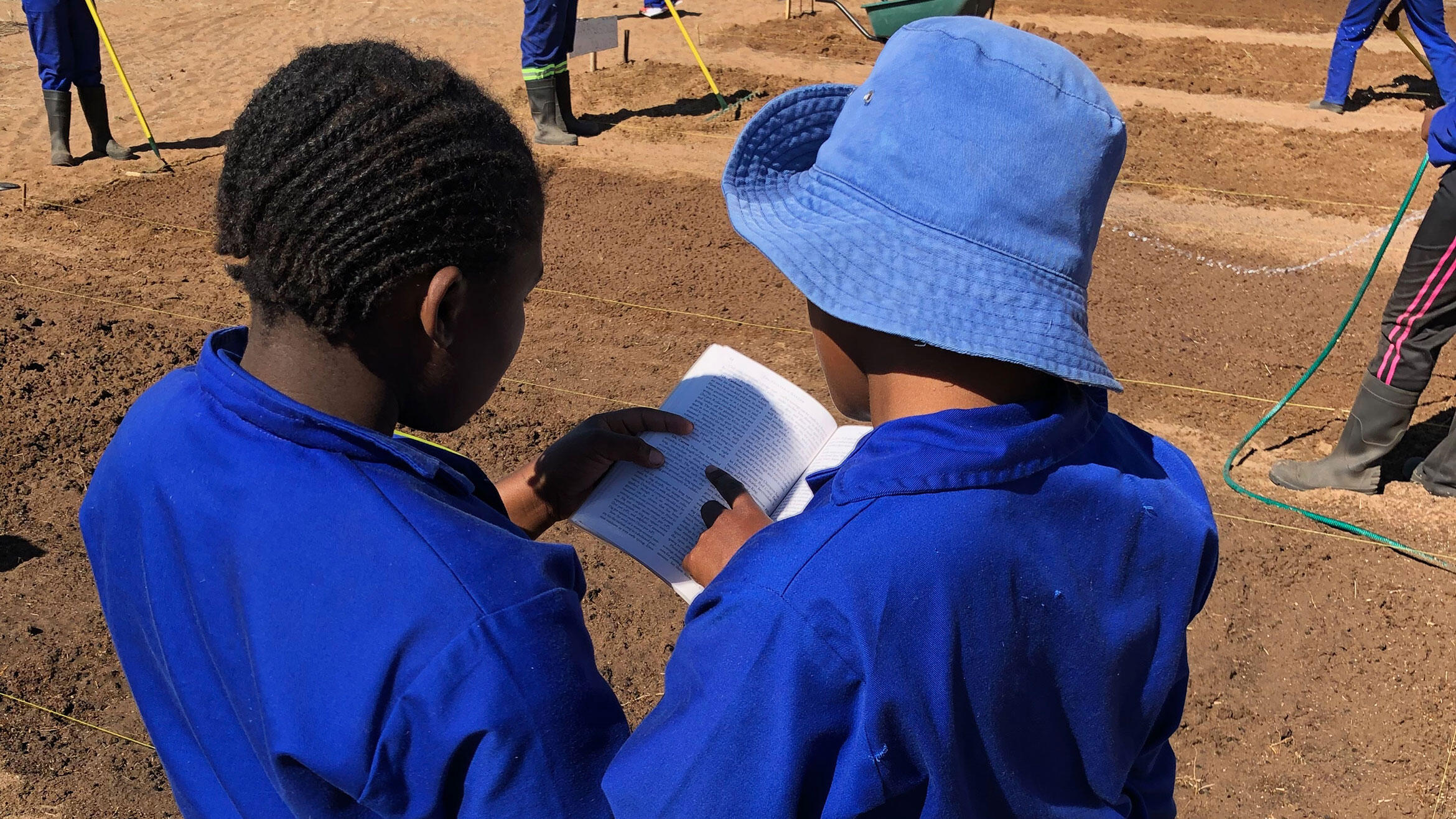
Globally, Namibia is one of the countries with the highest Gini coefficients, a measure of inequality in the distribution of income between different groups in the population. This comes as no surprise when you see, on the one hand, how some enjoy lifestyles at the level of those in Europe while, on the other, hunters and gatherers do not have a share in the country's resources. This divide largely falls in line with ethnic affiliation. While the "German Namibians" are at the top of the pyramid, the Khoisan of the Kalahari Desert and ethnic groups such as the Himba people are right at the bottom.
This unequal distribution manifests itself in particular through the education system. For this reason, the Namibian government has had an ambitious reform programme in place since the start of the millennium. The Education and Training Sector Improvement Program (ETSIP) is based on the anglophone education and training systems of modern nations, in particular of Australia and Canada. One of its features is that the content is comprised of defined modules known as unit standards. These can be put together like a jigsaw puzzle to form a curriculum. The design of these modules is intended to develop trainees' competencies, which will enable them to make a start in their working lives. Following advice from external experts, Namibia has developed curricula in this manner for a range of different occupational fields.
The qualifications resulting from this are similarly aligned with anglophone countries. There are ten distinct qualification levels, with level 1 being equivalent to primary level education and level 10 being equivalent to a qualification at doctorate level in a specialist field.
Qualification level 3 is achieved with completed vocational education and training as a craftsperson or farmer and the training for this takes place at vocational training centres. Only those who have successfully completed Grade 12, which is also a prerequisite for university, are admitted onto the training. This means that young people who have not successfully completed secondary school are also not permitted to complete training. Consequently, groups in the population are divided again in line with the hierarchy referred to above.
Training also possible without school leaving certificate
To prevent this, Namibia has created a way in which young people can get into training without having completed Grade 12. They can complete vocational education and training leading to a level 2 qualification. This is the basis for the training programme put together by the Namibian organisation Komeho. Those who successfully complete this training activity can either move into the world of work or return to the education system and work their way further up the qualifications ladder.
A particular feature of the agricultural training is the area of organic farming. This has a number of benefits. Sustainability principles are taught at an early stage in an individual’s professional career. Organic farming is also not competing with conventional farming. This means there are fewer points of friction with existing educational institutions. In terms of content, organic training is more comprehensive and reflects the reality facing small-scale farmers where greater knowledge on the interaction of soil, plants and animals is needed than is the case for training in conventional techniques.
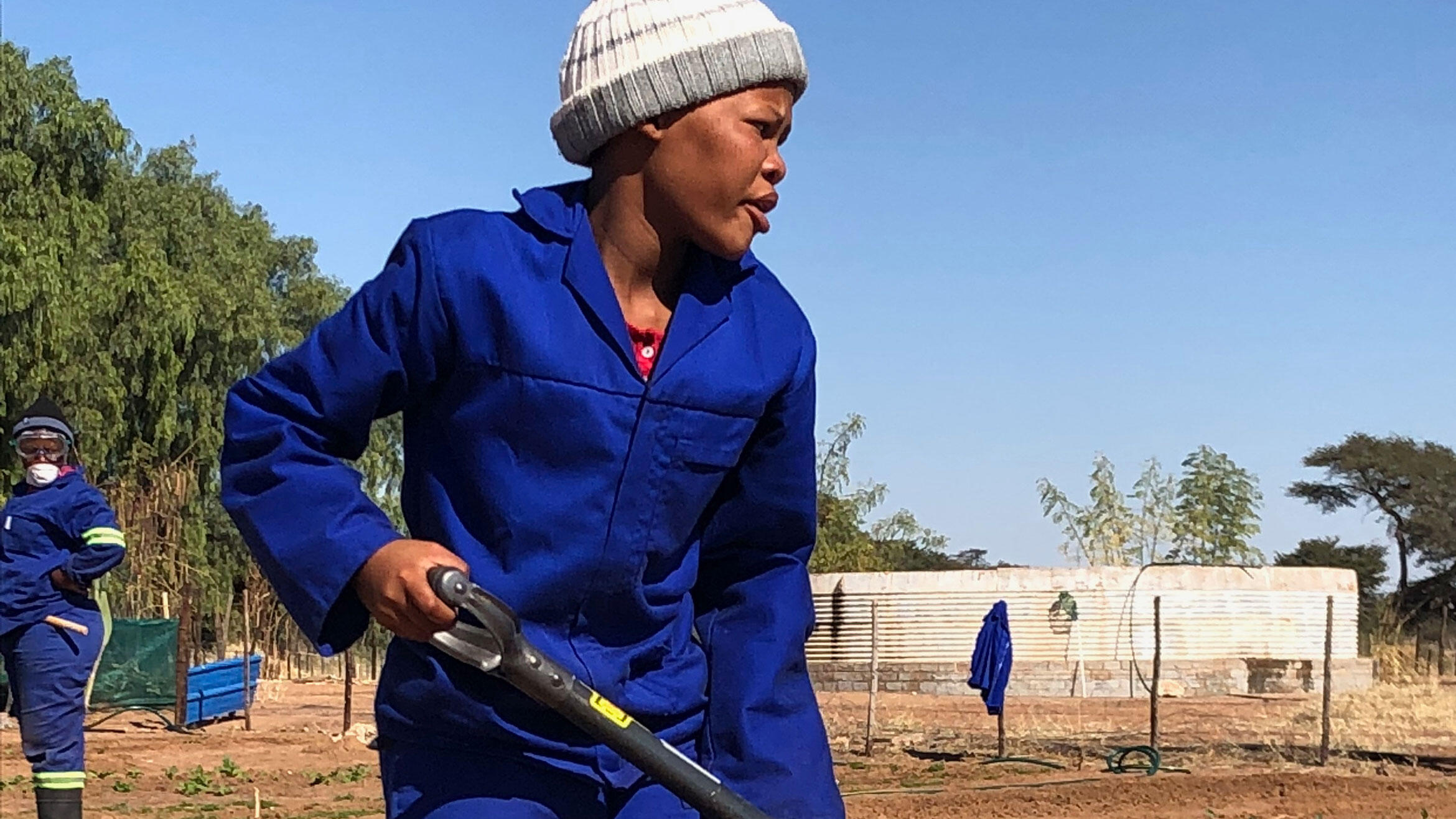
Trainees often come from marginalised ethnic groups, such as this woman from the Khoisan.
Local partner
It is important that the local partner is the driving force behind a further training concept, and not the external partner. As an organisation, the Komeho Development Agency based in Windhoek has been established for many years. In particular, it addresses inequalities in the country and has been working with africrops! for the last seven years. Building up trust is extremely important when dealing with a challenge like an entire training system.
Working with the non-governmental organisation africrops! as a private sector partner has therefore also proved beneficial since it has been possible to integrate elements on entrepreneurship and business development into the training. This means that the aspiring farmers are better able to ensure the success of their own business.
Curriculum development: Competency Based Education and Training (CBET)
CBET can be found in a number of anglophone African countries. Key to the development of this type of curriculum is the formulating of competencies. Each competency is defined in a discrete unit; these are the so-called unit standards. Each unit standard defines the level of qualification and the period of time over which the relevant competency is to be acquired, accompanied by credits. Criteria and strategies for assessment are also specified or suggested.
For the newly created vocational education and training in farming in Namibia, there is to be a special focus on assessment. All too often, oral and written examinations are chosen as the default option for this, however in most cases using other assessment strategies makes a lot more sense. Written examinations in particular provide an unclear picture as they frequently tend to determine language competency more than – in this case – farming competency. For this, strategies such as portfolios (for example photo documentation of produce on an individual’s own small bed using a smartphone, which is almost always available) or trainee peer assessment (for example "you need to water more, your bed needs more compost, take a look at how it works for me") are far more effective. The introduction of small parcels of land managed by a trainee also makes self-assessment possible.
A reform such as that represented by ETSIP must be organised in such a way that people do not fall back into old habits and do not adopt an arbitrary or non-reflective approach to the trialling of innovations. For this reason, it is very important that definitions are easy to understand and can be easily implemented. This also applies to the term "competency". Often terms such as "hands on" or "learning by doing" are used, however these are frequently inadequate as they disregard the importance of specialist knowledge. Even less attention is devoted to a third component – the training of values and internal attitudes. Africrops! has therefore introduced the three H's principle: "Head – Hand – Heart". We define the interaction of these three components as competency.
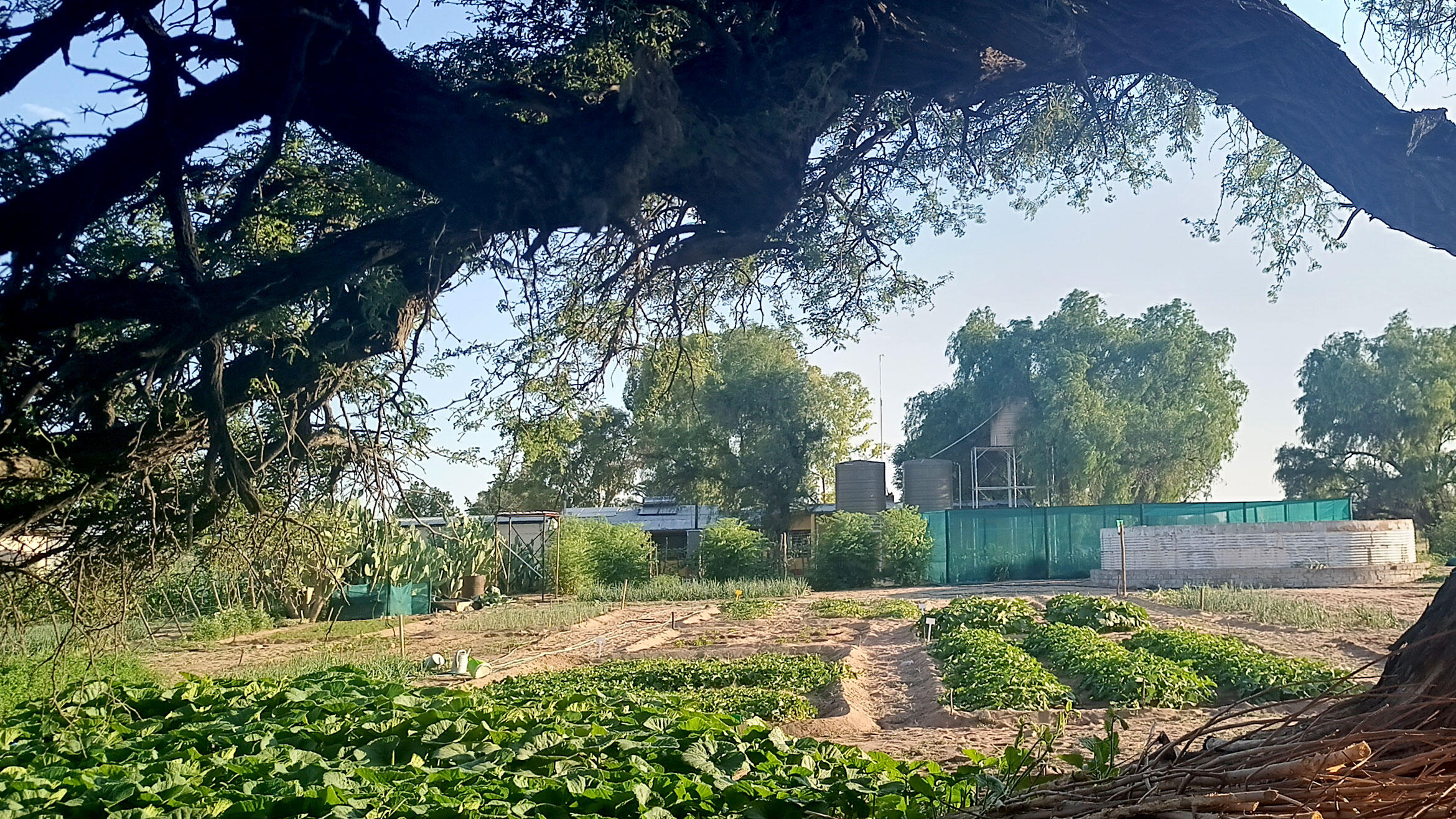
View of the training farm
Close cooperation with the Namibia Training Authority (NTA)
While there is no doubt that CBET is highly modern and effective, its implementation must also be feasible. This requires close cooperation with relevant training authorities which ultimately also issue the certificates, and with well-trained trainers.
We cooperate effectively with the Namibia Training Authority (NTA), which was set up as part of the ETSIP. A series of steps were required for this. To begin with, the very latest in farming training was identified and discussed with the specialist departments of the authorities. This was combined with the assurance that implementation should occur within this framework. In the next step, we introduced our own approach. What was important here was that the local partner Komeho was "in charge" and that africrops! was working in an advisory capacity. By operating within the framework of existing regulations from the very start, we experienced a real openness, and this resulted in an inspection by the Namibian specialists as part of the NTA.
Training the trainers has an important role to play. In particular, the training in a producing environment and the entrepreneurial approach to the marketing of excess production are new aspects for the training and teaching staff.
For this, africrops! uses a vocational trainer for organic farming who not only has experience of training but is also able to run a business. These are qualities rarely offered by trainers in African countries. While they have good theoretical training (master’s degree), many lack practical and entrepreneurial competencies. One of the main tasks of the coaching is to fill this gap
Dual – but not German
The German vocational education and training system is highly respected throughout the world. This applies in particular to the dual approach, which has three key features. Trainees learn about the respective occupation in a working context, and this is supplemented by the acquisition of theoretical knowledge in a vocational school. In the practical working environment there are trainers. This is a mandatory requirement for a training company and there is a clear distinction between trainers and teachers. Trainees learn in a practical way that their work involves a commercial component and is important.
These core elements have been observed on the organic training farm: A spatial separation between a practical and theoretical training position has been replaced by the principle of "80 percent in the field and 20 percent in a seminar room". The trainers are more like coaches than teachers. And as regards the economic component, the high quality produce is served up in the canteen, the surpluses are sold to neighbours at the gate and the trainees manage the takings together.
This approach applies largely independently of the respective curricula. While the same content, for example the unit standards referred to above, is also taught in the government training centres, this content acquires a direct relevance on a training farm such as this.
Lessons learned: Success factors
- Local partner which, using its infrastructure and its employees, is able and willing to support a new pathway in vocational education and training.
- Close coordination with relevant national authorities – this increases acceptance of the training and enables long-term access to resources such as standards, financing and equipment.
- Formulation and delivery of competencies carried out by well-trained trainers.
- Building on strong foundations, for example using existing standards and curricular and ensuring appropriate implementation
- Aim for national qualifications which can also contribute to social development.
- Implementing sustainability comprising social, ecological and economic components
Video
Our Futore is Organic: Namibia's First Organic Farming Vocational Training Centre
Documentation of the project, Englisch, 18 minutes
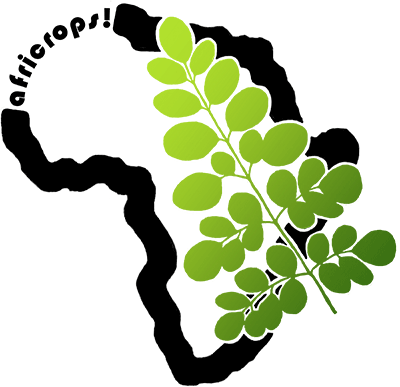
Contact
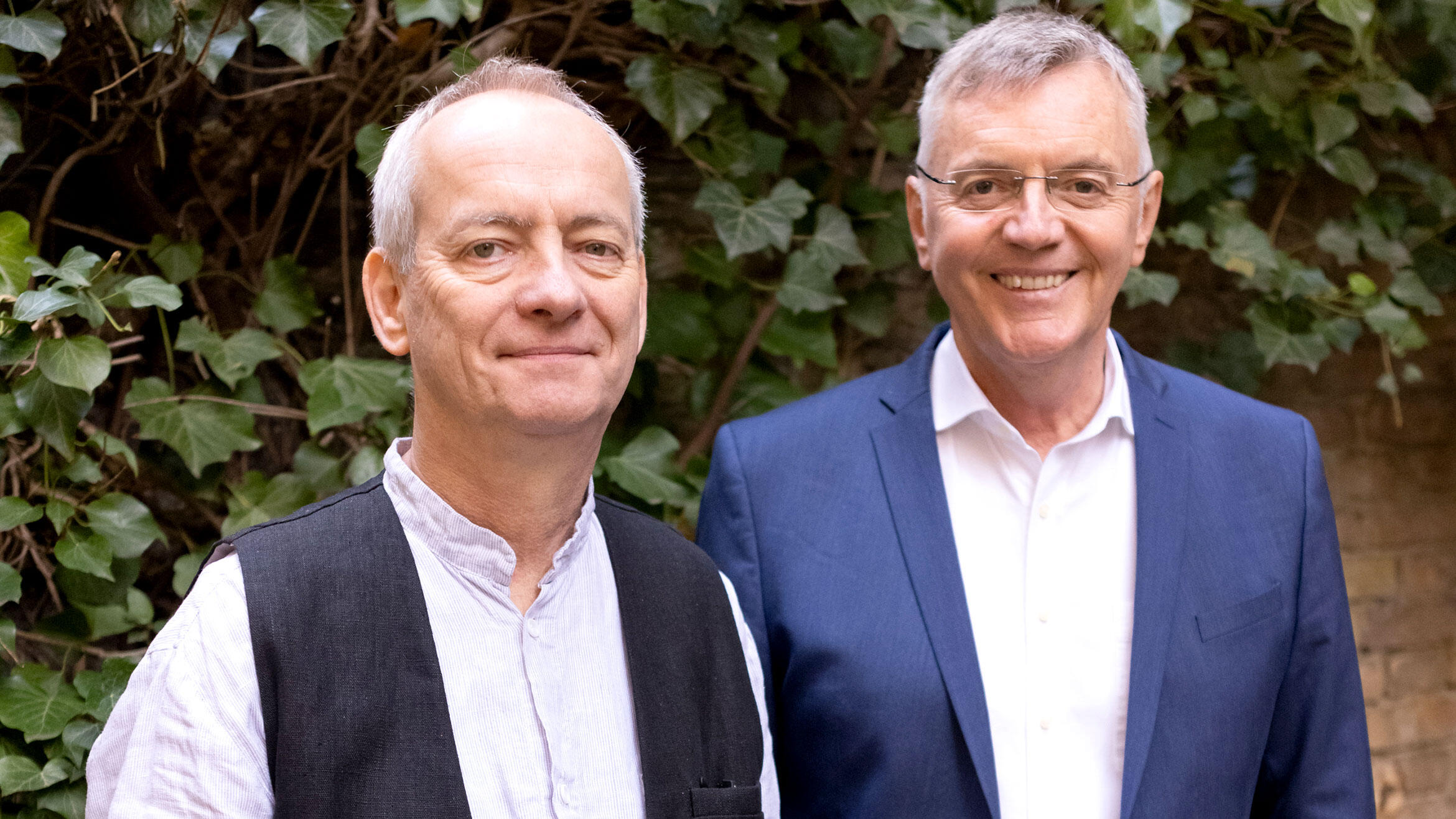
left: Dr Heinrich Heinrichs, right: Dr Andreas Wesselmann, both Managing Directors africrops! GmbH